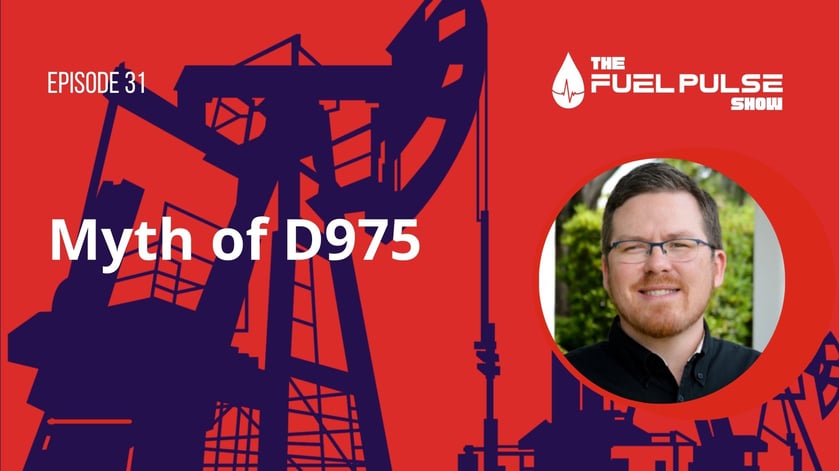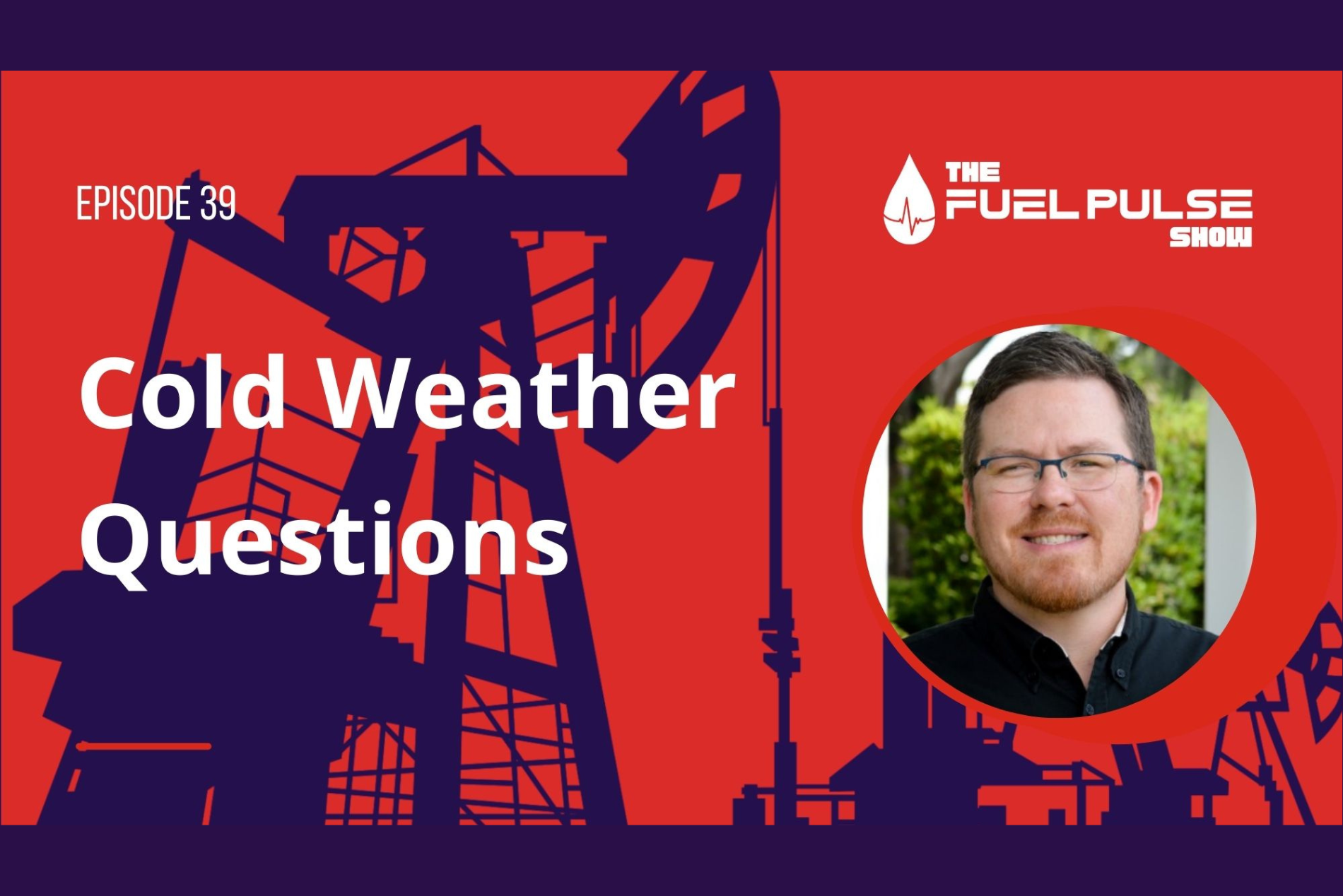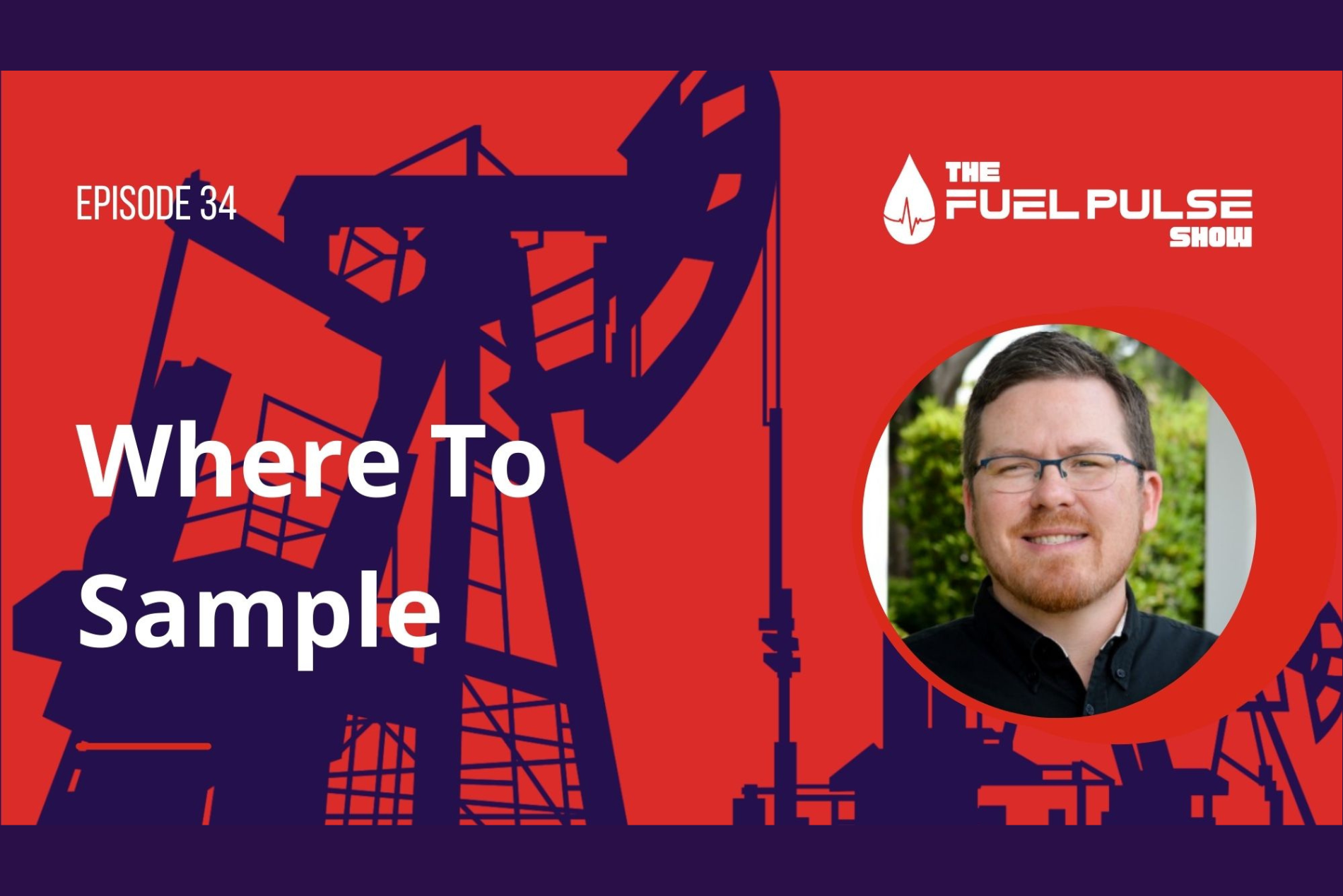Episode 039 – Cold Weather Questions
Do you know all the signs that point to the need to use anti-gel in your fuel? We are well into the cold temperatures that start to make gelling in...


Is a little D975 all you need in order to know the status of your fuel? In this episode, I’ll be talking about this thing called ASTND975, or the standard specification for diesel fuel oil. There’s a common myth associated with D975, and you will get a chance to understand what that myth is and why you need to be careful to not fall into the trap that many people fall into in this area.
Listen in to hear more about what D975 does, what it is meant to be used for, and who has been behind its important status in the industry. I’ll explain where it stands when it comes to regulatory compliance and industry standards, as well as my thoughts on where people get confused. You will learn about many of the important elements of the D975 tests, what we can take from the results, how we can understand the current fuel stability conditions better, and more.
"D975 tests are mostly all descriptive. They are not intended to be predictive in the way that an oxidative stability test would be. When you go from no problems now to no problems in the future, there’s something that’s missing in that information. Conditions might change in the future.” - Erik Bjornstad

Do you know all the signs that point to the need to use anti-gel in your fuel? We are well into the cold temperatures that start to make gelling in...

When checking on your stored fuel, you can’t just take a look in the tank. You’ll have to take a sample from the tank to examine. In today’s episode,...

Fuel is the lifeblood of many industries, but with great power comes great responsibility. Unfortunately, keeping microbial contamination at bay is...